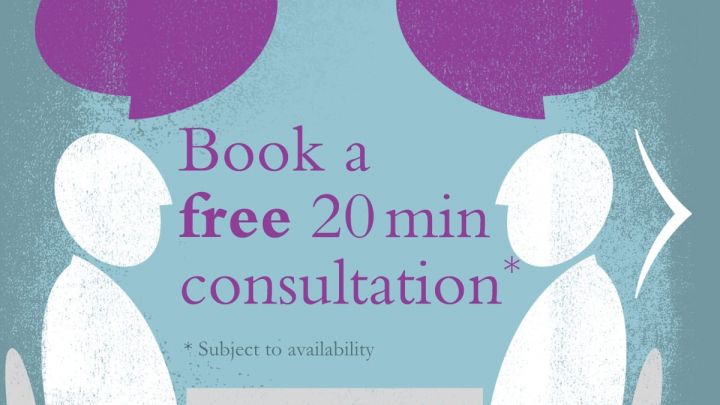
Can You Get a Divorce Without the Other Person Signing?
April 2025
Divorce can be a difficult process, particularly if one spouse is unwilling to engage. Nevertheless, the introduction of no-fault divorce has simplified matters, reducing conflict and making it easier to proceed if one party does not cooperate.

This summary provides general information and does not constitute legal advice on any individual circumstances.
Under the new no-fault divorce system, one spouse can apply for a divorce without having to prove fault or wrongdoing by the other party. The only fact to be proven is that the marriage has broken down irretrievably, and the court will accept this to be the case by virtue of the divorce application being made. This change to the system is designed to minimise disputes and ensure that a divorce can proceed cleanly, even if one party does not wish to engage.
If only one spouse applies for the divorce, this is known as a sole application. When a sole application is submitted, the court sends a notification to the other spouse, known as the respondent. The respondent then has 14 days to acknowledge the application by returning a form to the court. However, if they fail to respond within this timeframe, the divorce can still continue.
What Happens If the Other Person Refuses to Sign?
If the respondent refuses to acknowledge or engage in the divorce process, the applicant has several options to ensure the case moves forward. The court allows alternative methods of serving the application, such as requesting a court bailiff to deliver the papers in person, physically putting them through the respondent’s letterbox, or that they be sent by email. If the applicant believes that the respondent is aware of the proceedings, and is dodging service purposefully to obstruct their progress, then they can also ask the court to proceed in the absence of the respondent’s acknowledgment at all. The key requirement is that the respondent has been made aware of the proceedings.
Once service has been confirmed, and the necessary 20-week waiting period has passed from the date that the application was issued by the court, the applicant can proceed with the next stage of the divorce. The conditional order, previously known as the decree nisi, is the first formal stage in the divorce process. It confirms that the court sees no reason why the divorce cannot be granted. Once this has been pronounced by the court, and following a further waiting period of six weeks and one day, the applicant can then apply for the final order, which legally dissolves the marriage.
Can the Other Person Stop the Divorce?
One of the key changes introduced with the no-fault divorce system is that it is now much harder for one party to prevent the divorce from proceeding. Under the old system, a respondent could contest a divorce by arguing against the reasons given, such as unreasonable behaviour or adultery. This often led to drawn-out legal battles that increased stress and costs for both parties.
Under the new law, there are very limited grounds to contest a divorce. A respondent cannot stop the divorce simply by refusing to sign or respond. The only valid objections relate to issues such as whether the marriage is legally recognised, whether the court has jurisdiction to handle the case, or whether the application was made fraudulently.
While some people may hope to delay or prevent a divorce by ignoring the proceedings, this approach is generally ineffective. The court is aware that some respondents may attempt to be obstructive, and so it will use the legal mechanisms available to allow the divorce to proceed in any event.
Why Legal Advice is Essential
Even though the process is more straightforward under the no-fault system, seeking legal advice is still important. A solicitor can help ensure that the correct steps are taken, particularly if the respondent is refusing to engage, and guide you around any roadblocks that may appear.
Additionally, while the divorce itself is separate from financial matters, legal advice is crucial in securing a fair financial settlement. Without a formal agreement in place, financial claims could still be made in the future, even after the divorce is finalised.
How Can Fullers Help?
At Fullers Family Law, we understand that finding a solicitor that you feel understands your own specific situation can be a daunting task. So, you can book a free call back with us here.
We have also created a series of fixed-price consultation meetings with a full ‘no questions asked’ money-back guarantee promise.
For an initial discussion and a no-obligation quote, get in touch with us today by simply calling us on 01234 343134, filling in the contact form below, or emailing us at enquiries@fullersfamilylaw.com and a member of our team will get back to you.

